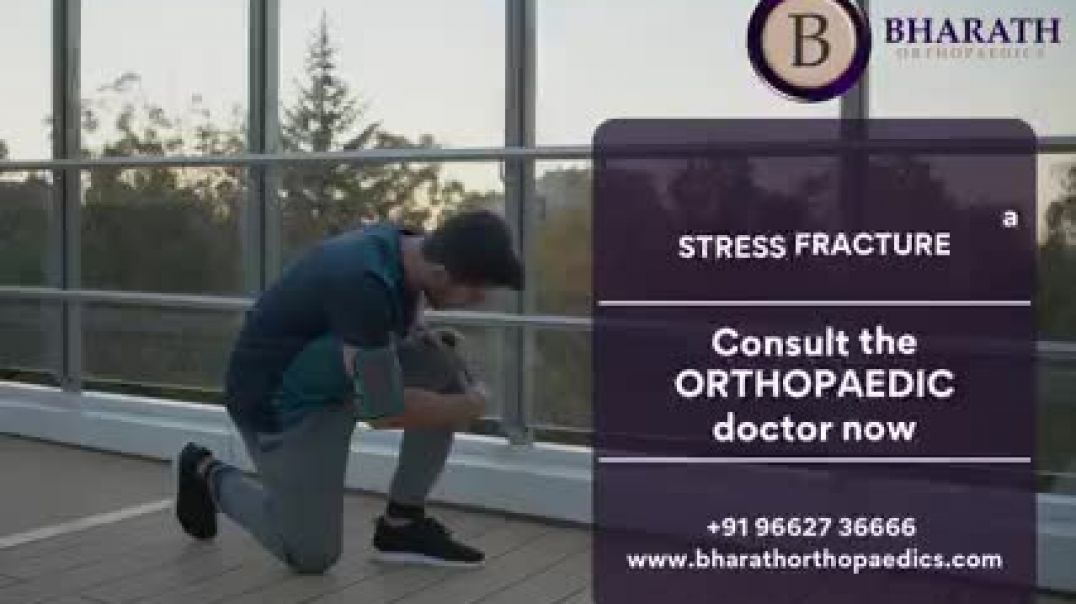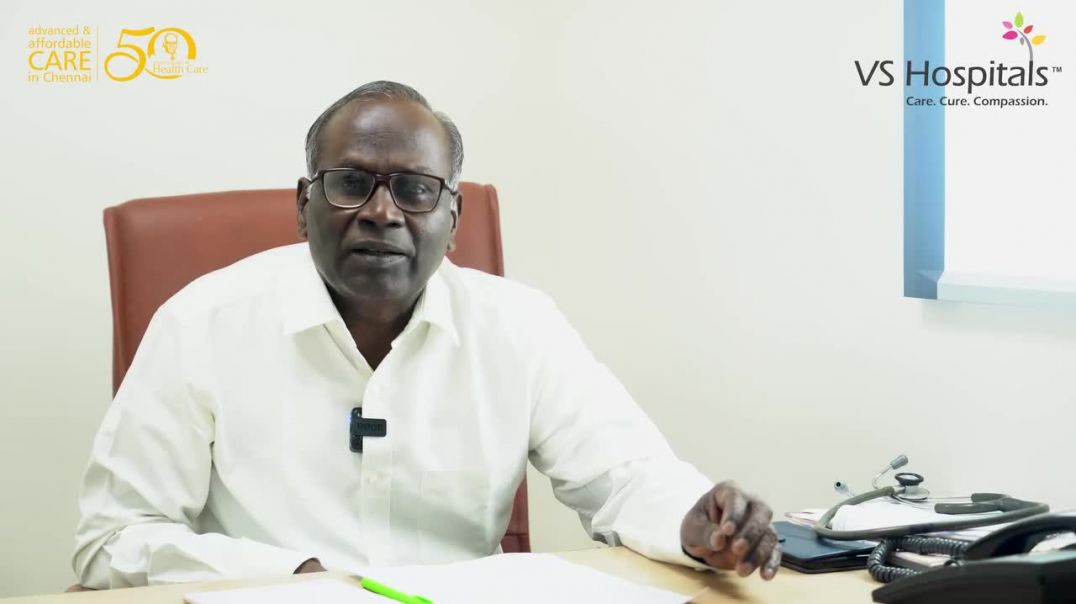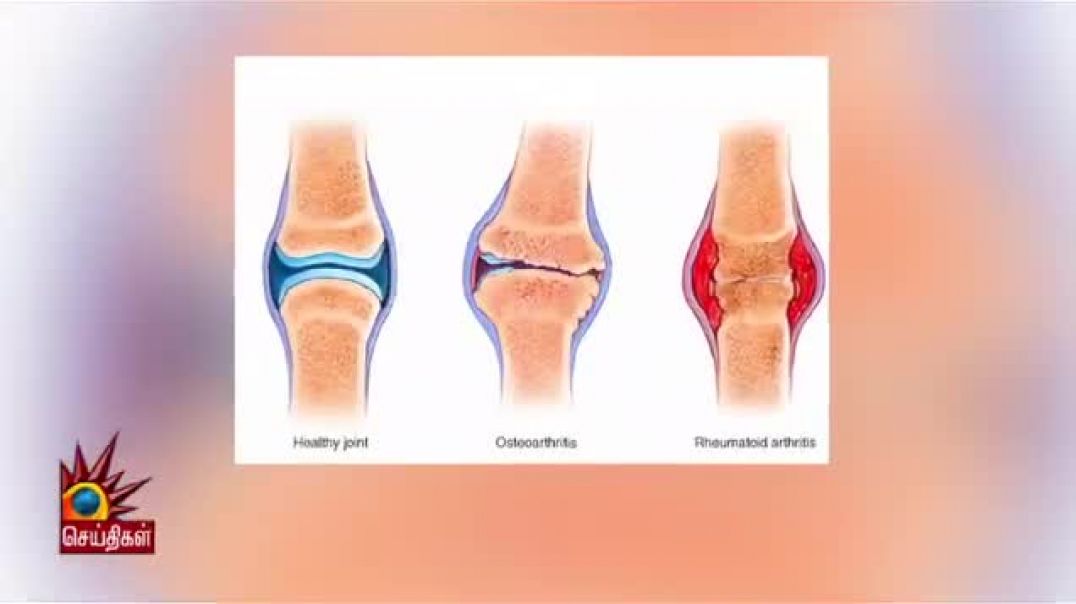7-Year-Old Girl Has 6 Organs Removed For Inoperable Abdominal Tumor Surgery
A 7-year-old girl from Long Island, NY, is on her way home a little more than four weeks after receiving a historic surgery that involved the removal and partial re-implantation of six organs in order to resect an abdominal tumor that otherwise would be inoperable. The 23-hour surgery, which began on Feb. 6, was led by Dr. Tomoaki Kato [(212) 305-5101, 877-LIVER-MD] at NewYork-Presbyterian Morgan Stanley Children's Hospital, and is the first reported pediatric case of its kind.
Dr. Kato and his team of seven surgeons and eight other clinicians removed nearly every major organ in the girl's abdominal cavity -- small and large intestines, liver, pancreas, spleen and stomach. Three separate surgical teams worked to remove the tennis ball-sized tumor, which was tangled around vital organs and essential blood vessels. One team worked on the abdominal cavity, while two others prepared the small and large intestines and liver, which were kept healthy outside the body using cold preservation fluid of the kind used in transplantation. Throughout the surgery, the patient's father, a firefighter, was on standby as a transplant donor in case his daughter's liver was too damaged; it was determined to be healthy and viable. The liver, small and large intestines were re-implanted. However, her pancreas, spleen and stomach -- non-vital organs that had been compromised by the tumor -- were unsuitable for re-implantation.
While the tumor was rare, Dr. Kato notes that the surgical approach could be used for more common cancers. "Any time a tumor wraps itself around an organ's blood vessel it has been generally considered inoperable because in order to remove the tumor, you must cut the blood supply. Our solution is to take out the organs just as you would in transplantation. This allows us to remove the tumor from the organs and the abdominal cavity. When this is done, we re-implant the organs, then repair and reconstruct the vessels using synthetic material such as Gore-Tex. Our surgery shows this is possible, and could potentially save the lives of dozens of adults and children every year," notes Dr. Kato, surgical director of liver and intestinal transplantation at NewYork-Presbyterian Hospital/Columbia University Medical Center and a faculty member of the Department of Surgery at Columbia University College of Physicians and Surgeons.
The patient was diagnosed with an unusual tumor in early 2008. Since then she had surgery to remove the tumor from her stomach, followed by chemotherapy, to which she did not respond. The rare, inflammatory myofibroblastic tumor was growing rapidly throughout her abdominal cavity. According to Dr. Kato, the biggest threat was how the tumor had blocked her splenic and portal veins, putting the patient at risk for uncontrollable and life-endangering bleeding.
"I am grateful to my colleagues and the bravery of this girl and her family for making this surgery a success," says Dr. Kato. While the patient's life is no longer in immediate danger, she will have some long-term medical challenges. Without a stomach she will have dietary restrictions comparable to that of someone who has had gastric bypass surgery, and without a pancreas, she will be diabetic. Absence of a spleen will possibly make her more susceptible to certain infections.
"Dr. Kato's approach, known as auto-transplantation, can also be used in place of traditional transplantation for some patients, precluding the need for a donor organ. This could save lives and make lifelong immunosuppressant drugs that are required after transplantation unnecessary," says Dr. Jean Emond, chief of transplantation at NewYork-Presbyterian Hospital/Columbia University Medical Center, and vice chairman of the Department of Surgery and the Thomas S. Zimmer Professor of Surgery at Columbia University College of Physicians and Surgeons. Dr. Emond was a part of the surgical team involved in the case.
Dr. Kato, formerly a professor of clinical surgery at the University of Miami, is known for unique and innovative surgeries for adults and children, especially in the area of multiple-organ, or multi-visceral surgeries. He has performed nearly 100 of these cases since 2001. In March 2008, Dr. Kato led a similar surgery to remove and re-implant six organs in a 63-year-old Miami woman -- believed to be the first case of its kind in the world. In addition, he helped pioneer a procedure called APOLT (auxiliary partial orthotopic liver transplantation) that resuscitates a failing liver by attaching a partial donor liver, making lifelong immunosuppressant drugs unnecessary; and the first successful human partial bladder transplantation involving the transplant of two kidneys together with ureters connected to a patch of the donor bladder.























SORT BY-
Top Comments
-
Latest comments